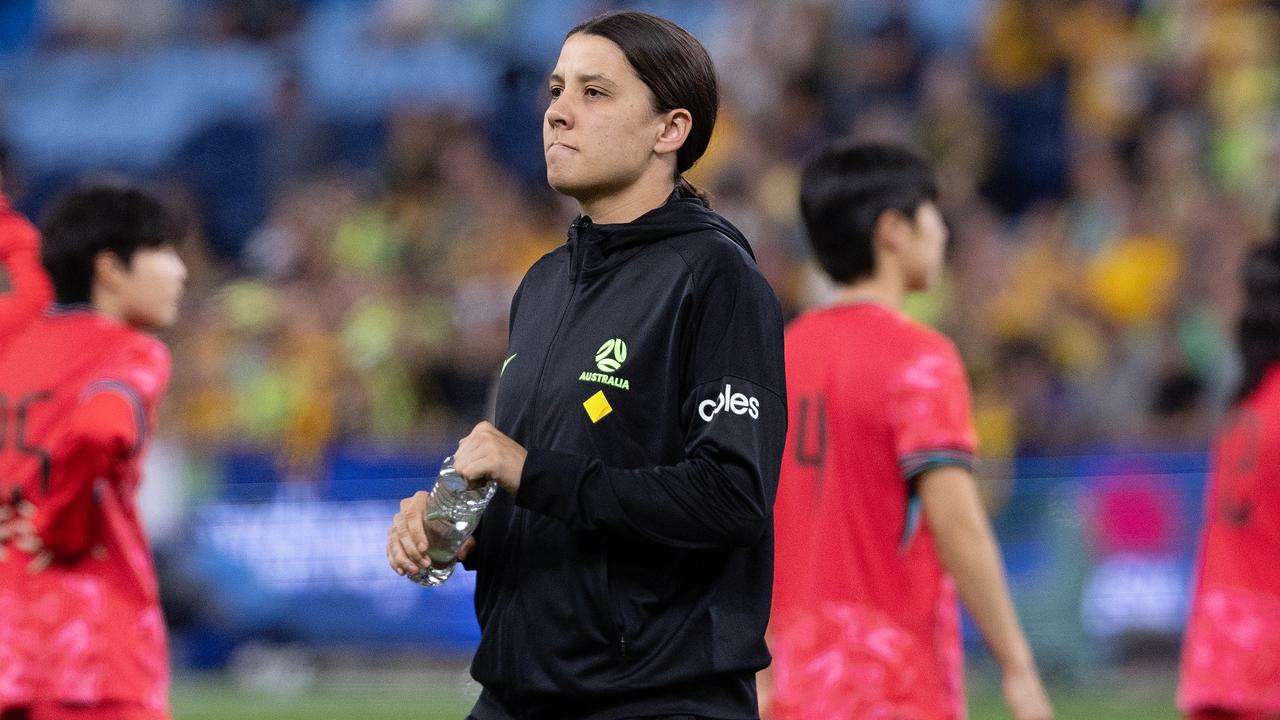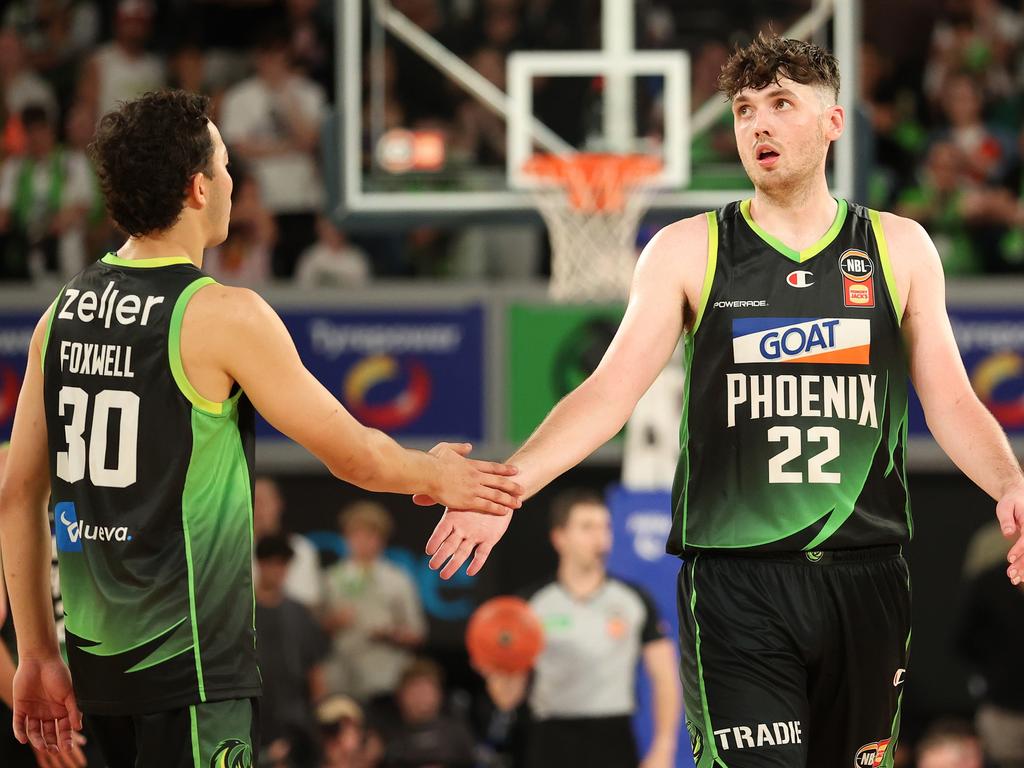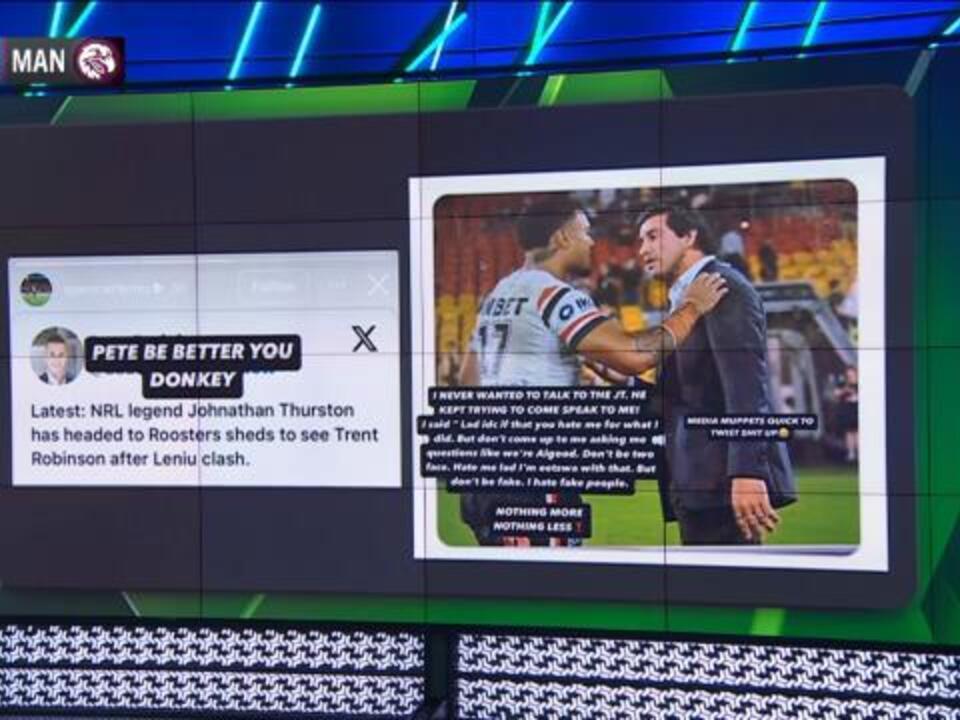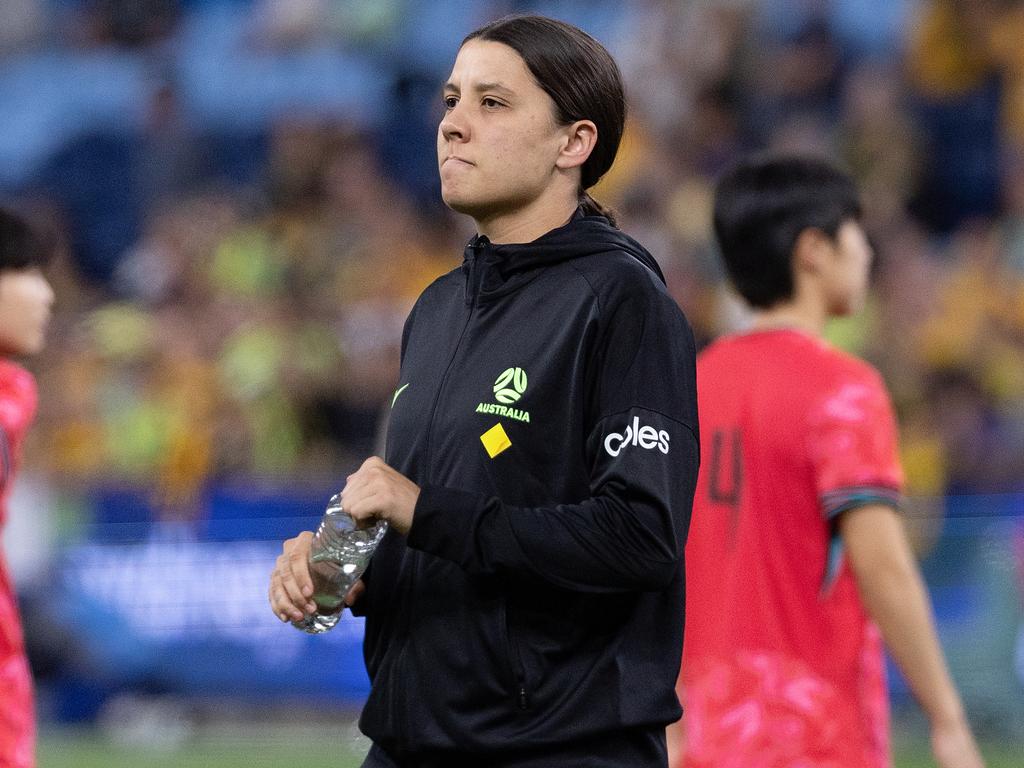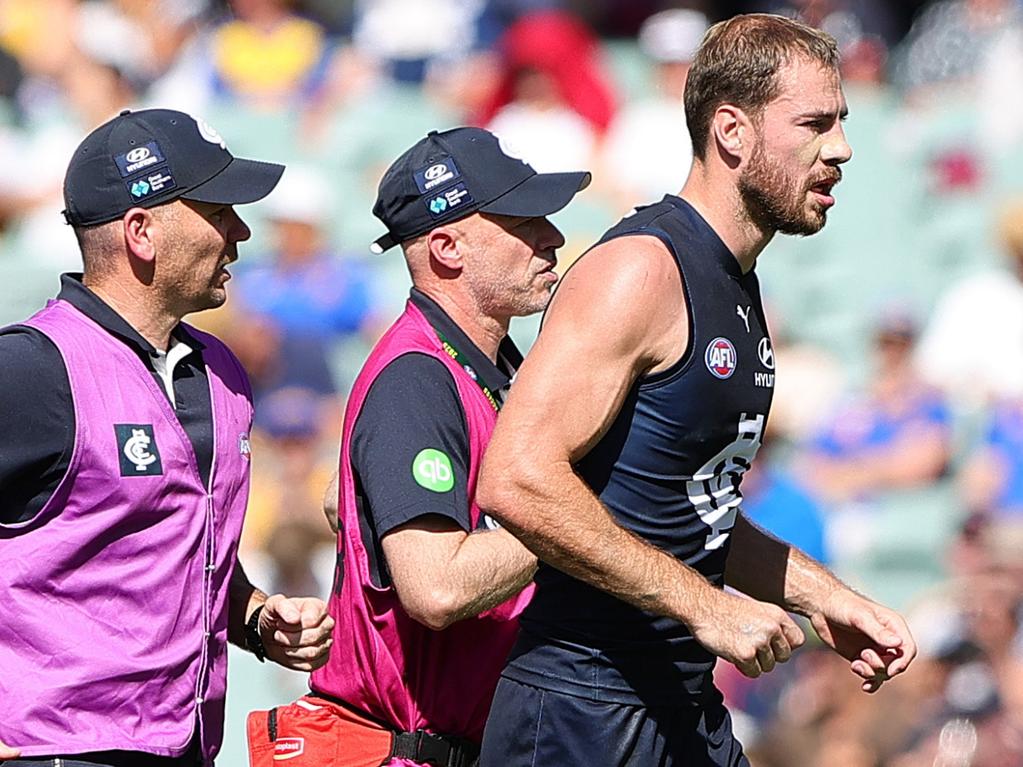Fixture congestion, ticket issues and small crowds — a success, but Women’s Football Weekend needs revamp
Though the FA’s heart may be in the right place, Women’s Football Weekend highlights just how far behind the women’s game is, even at in football’s epicentre.
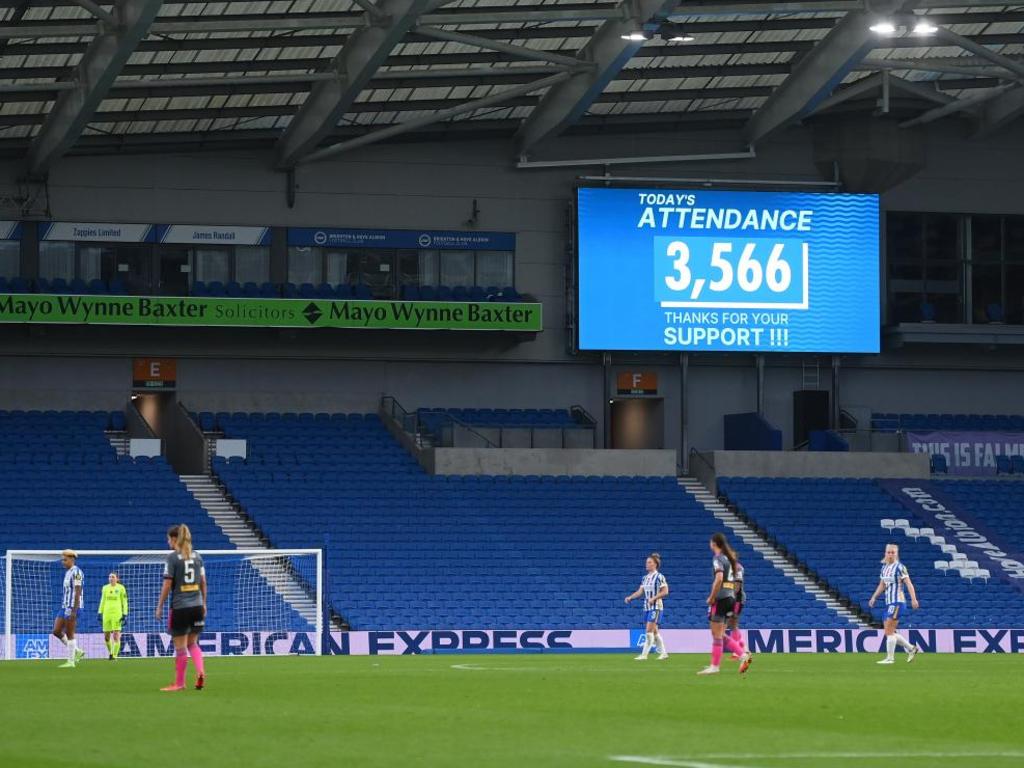
Football
Don't miss out on the headlines from Football. Followed categories will be added to My News.
In the build-up to Women’s Football Weekend, Leah Williamson, the Arsenal and England defender, made a thought-provoking comment when asked about the importance of it.
“It is one of those things where you don’t want to be having a ‘Women’s Football Weekend’ for ever because that would mean we are still behind and still not where we want to be,” she said.
Williamson is right — in a utopia, every weekend would be Women’s Football Weekend, given equal billing as men’s football in terms of broadcasting and facilities. Undoubtedly, women’s football is not yet at that stage, and therefore the weekend is necessary, created to coincide with the men’s international break with the original intention of drawing more eyes to the women’s game, often using men’s stadia.
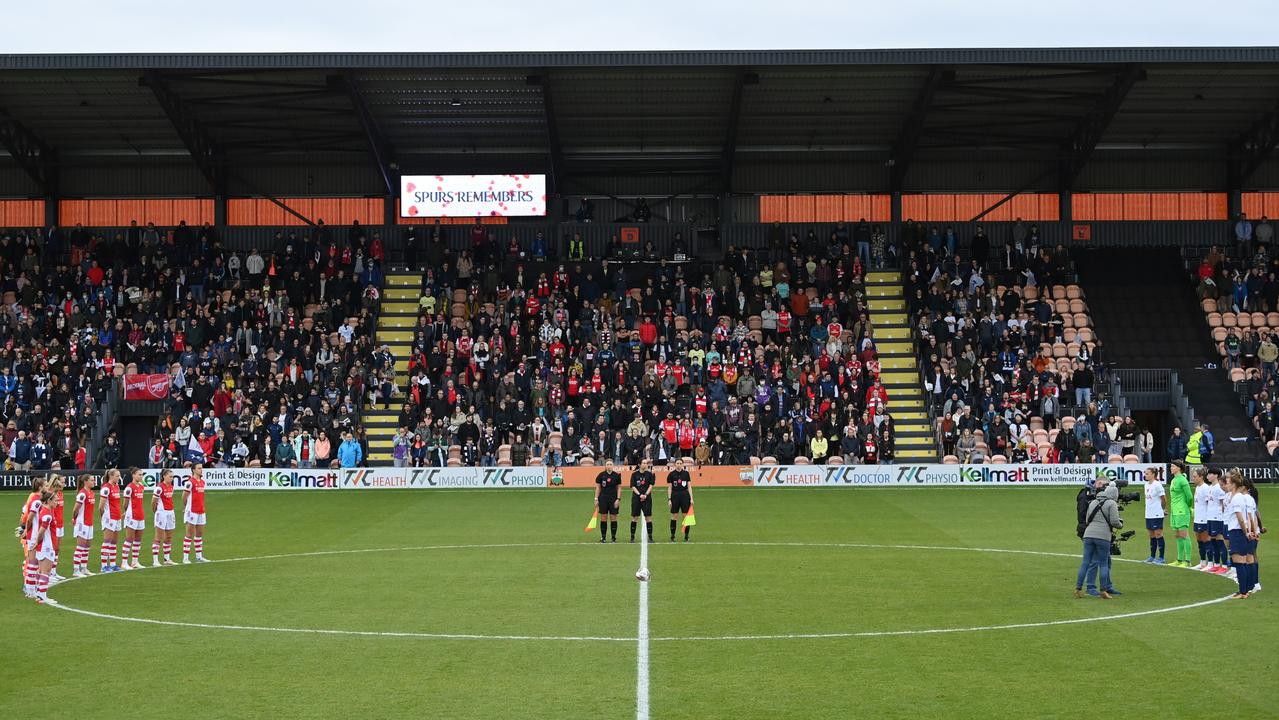
It was a success to an extent — quite literally more eyes than ever before watched the action last weekend, the FA revealing a cumulative peak audience of over 1.5 million viewers of coverage on BBC Sport and Sky Sports.
As has been a common theme of the first season of the landmark broadcast deal worth in the region of £24 million over three years, while TV audiences have skyrocketed, in-person attendances have been generally underwhelming.
All clubs registered their highest home attendances of the season, but only Brighton & Hove Albion played their match against Leicester City at the Amex, the men’s ground, with their 3,566 the best WSL attendance of the weekend.
Another record was the 2,896 that watched the north London derby, a new best for Tottenham Women at The Hive. Although a step in the right direction, it was a huge drop off from the 38,262 that watched the same teams play at the new Tottenham Hotspur stadium in 2019. Admittedly that was shortly after the stadium had opened but it is clear it remains a more attractive prospect to attend than The Hive — not least given the £8 parking charge.
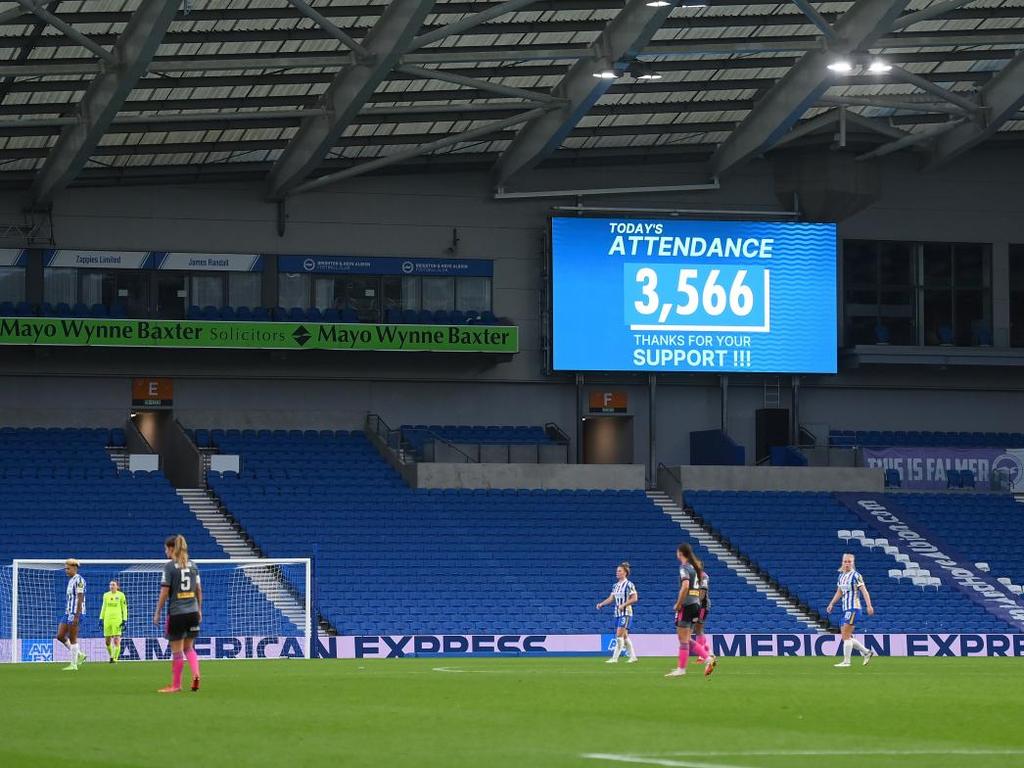
It is easy to pick faults in an event with hindsight, but how can it be improved? There are some recurring issues in women’s football, one of which is the difficulty of buying tickets. Many clubs require sign-ups to club websites, are poorly advertised or it is simply hard to find information.
“We’ve heard this direct from quite a few people so there clearly is an element of truth, especially with the websites, like ‘Where the hell do we get a ticket for the women’s game? We can’t find it.’ ” Dawn Airey, the Chair of the FA Women’s Super League and FA Women’s Championship Board, said. “I don’t think it’s the clubs deliberately obfuscating it, I just think it’s order of priority.”

The FA is trying to combat this by doing a “customer journey” at each club, attempting to buy tickets and identifying issues to be improved upon with marketing teams.
Another problem this year was the spread of fixtures. The weekend essentially became a Women’s Football Sunday, just one match in the top two tiers was played on Saturday — the north London derby. The five remaining WSL fixtures, and all six in the Championship were played on Sunday.
Clearly, this was heavily influenced by broadcasters’ decision-making — to compound matters the late WSL slot sometimes available on a Sunday evening was also absent, meaning several fixtures clashed.
Perhaps the solution to the majority of these issues, is to replicate the format of another minority sport — Rugby League’s Magic Weekend. There, one round of fixtures are highlighted — very much like the concept of Women’s Football Weekend — but the crucial difference is that all matches are played at one stadium and spread across the weekend.
Assuming Women’s Football Weekend continued to coincide with a men’s international break, there would be no shortage of available men’s stadia and given the focus on families attending women’s football, there would be significantly less tribalism putting off fans from watching rival teams.
Fan zones and other events that could be utilised around the weekend have been proven to be a success at Lionesses games, while the venue itself would be easier to market, with a centralised ticketing platform.
The Times

